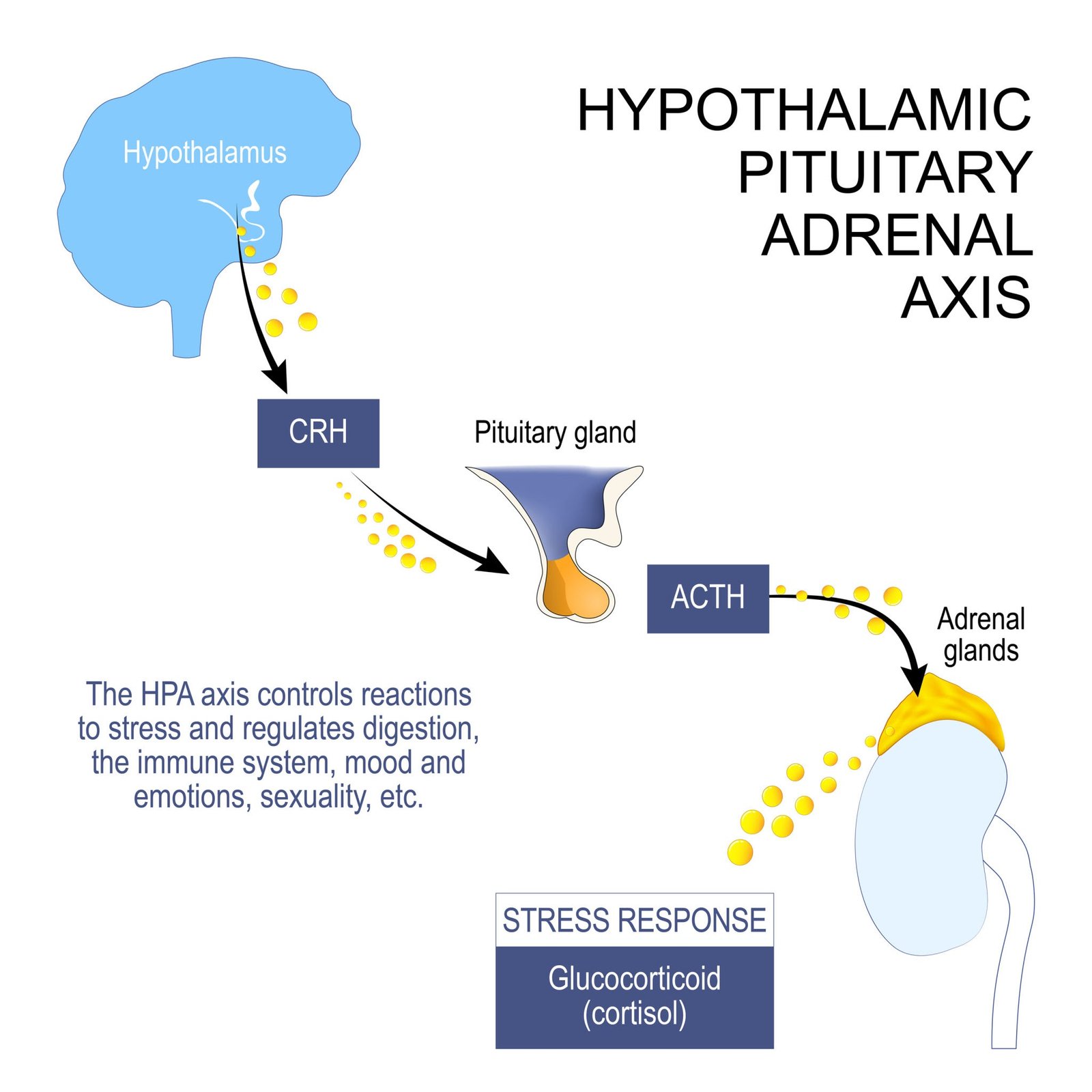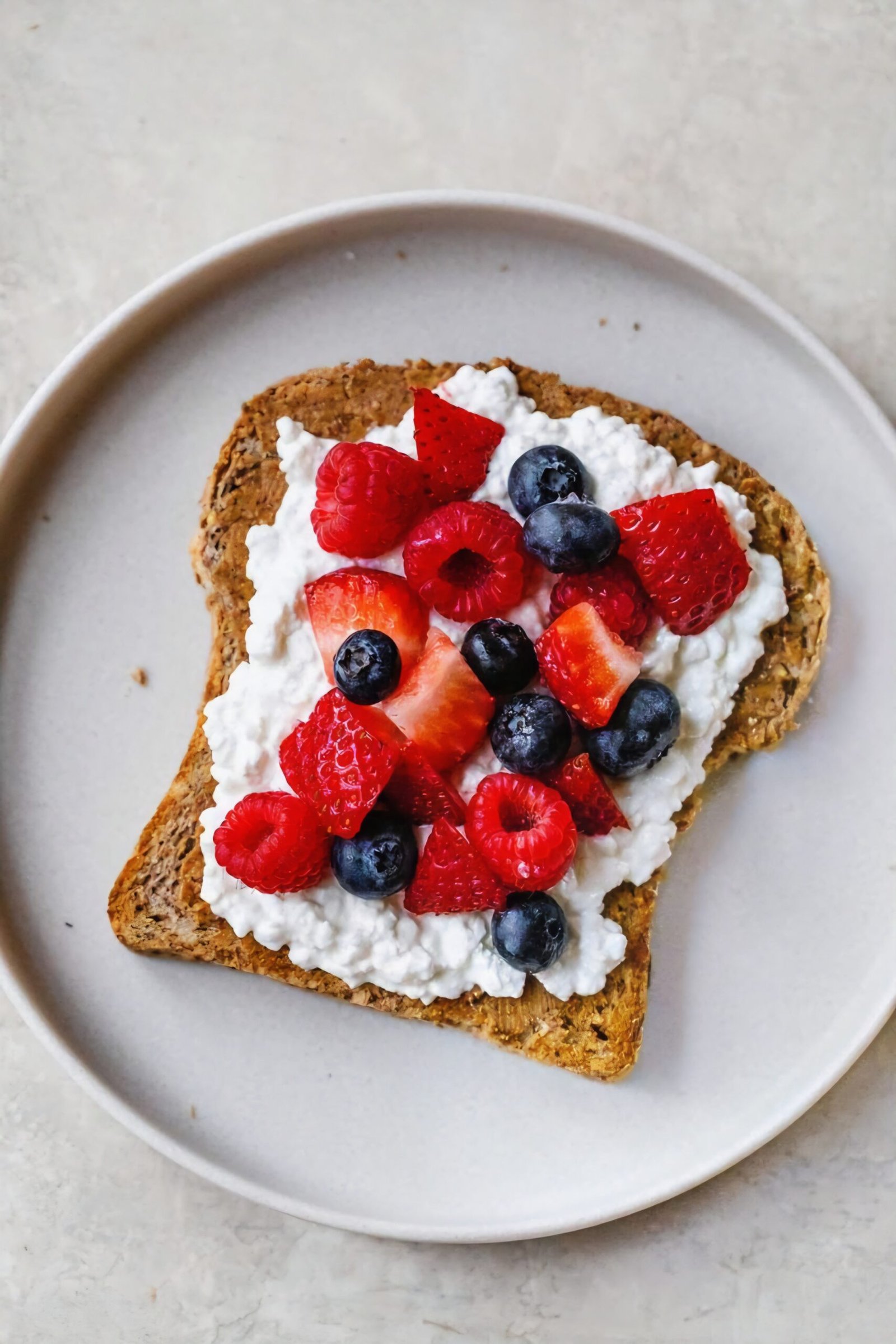Holistic wellness is a transformative approach to health that recognizes the intricate interconnectedness of the whole person: mind, body, and spirit. It moves beyond simply treating symptoms or isolated diseases, focusing instead on achieving optimal balance and harmony in all aspects of life.
Thank you for reading this post, don’t forget to subscribe!The core philosophy is that a disturbance in one area can profoundly affect all others, and therefore, true well-being requires nurturing each dimension simultaneously.
I. Understanding the Three Core Components
Holistic health views your well-being through the lens of three primary, interdependent components:
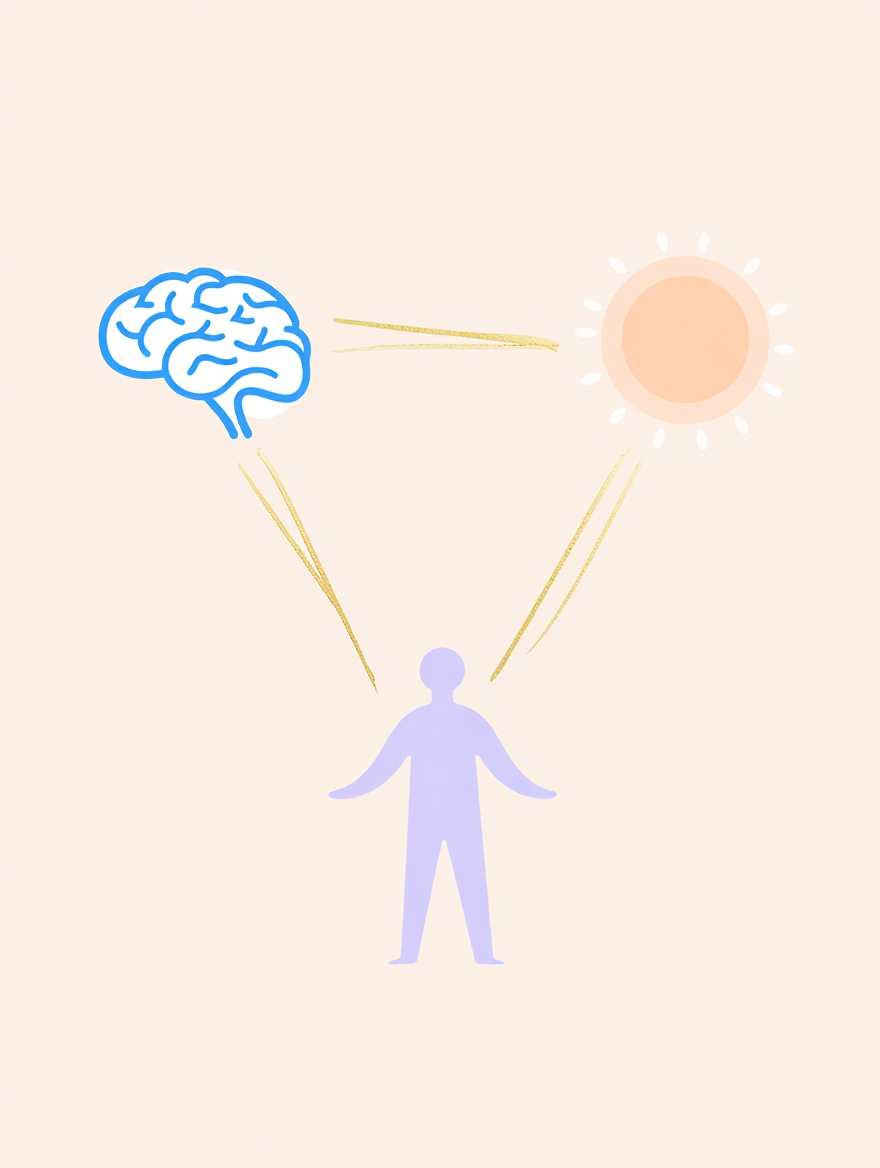
| Component | Focus Area | Why It’s Crucial |
| Body (Physical) | Physical health, nutrition, exercise, sleep, and medical care. | It is the foundation and vessel for the mind and spirit. Physical illness or imbalance (like poor sleep or diet) can directly lead to mental and emotional stress. |
| Mind (Mental/Emotional) | Cognitive health, stress management, emotional intelligence, and positive thinking. | It governs how you process life, manage stress, and connect with the world. Emotional balance is essential for physical and spiritual health. |
| Spirit (Spiritual) | Sense of purpose, meaning in life, values, connection to something greater, and inner peace. | It provides resilience, direction, and a foundation for inner peace. A lack of purpose can manifest as mental or emotional distress. |
II. The Eight Pillars of Holistic Wellness
While the mind, body, and spirit are the fundamental triad, holistic wellness is often broken down into eight distinct dimensions, or “pillars,” to ensure a comprehensive approach to health.

| Pillar | Definition | Practices to Nurture This Pillar |
| 1. Physical | Maintaining the health of your physical body. | Regular exercise, proper hygiene, getting 7-9 hours of quality sleep, engaging in “intuitive movement.” |
| 2. Nutritional | Fueling your body and mind with wholesome, balanced foods. | Balanced diet rich in whole foods, fruits, vegetables, lean proteins, and whole grains; proper hydration; mindful eating. |
| 3. Emotional | The ability to understand, navigate, and communicate your feelings effectively. | Journaling, seeking counseling/therapy, practicing self-compassion, developing emotional intelligence, stress-reduction techniques. |
| 4. Social | Developing a sense of connection, belonging, and a well-developed support system. | Cultivating positive and supportive relationships, spending quality time with loved ones, joining a club or community group. |
| 5. Spiritual | Forming a connection to your higher power, purpose, or aligning with your personal values. | Meditation, practicing gratitude, spending time in nature, yoga, engaging in self-reflection, or faith-based practices. |
| 6. Intellectual | Engaging your mind through learning, challenging your cognitive abilities, and sharing ideas. | Reading, learning a new skill (language, instrument), engaging in thoughtful discussions, seeking out new experiences. |
| 7. Financial | Managing your resources to live within your means and planning for the future. | Creating a budget, saving for the future, reducing debt, seeking professional financial advice to alleviate stress. |
| 8. Environmental | Characterizing the relationship between you and your surroundings. | Maintaining a clean and organized living and working space, spending time outdoors, paying attention to air and water quality. |
III. Practical Steps for Achieving Balance
Integrating these concepts into your daily routine is the key to holistic wellness. Here are actionable habits you can adopt for each core area:
🧠 Nurturing the Mind (Mental & Emotional Wellness)

- Practice Mindfulness and Meditation: Dedicate 10-20 minutes daily to quiet your mind. Focus on your breath or a guided meditation to enhance clarity and reduce stress.
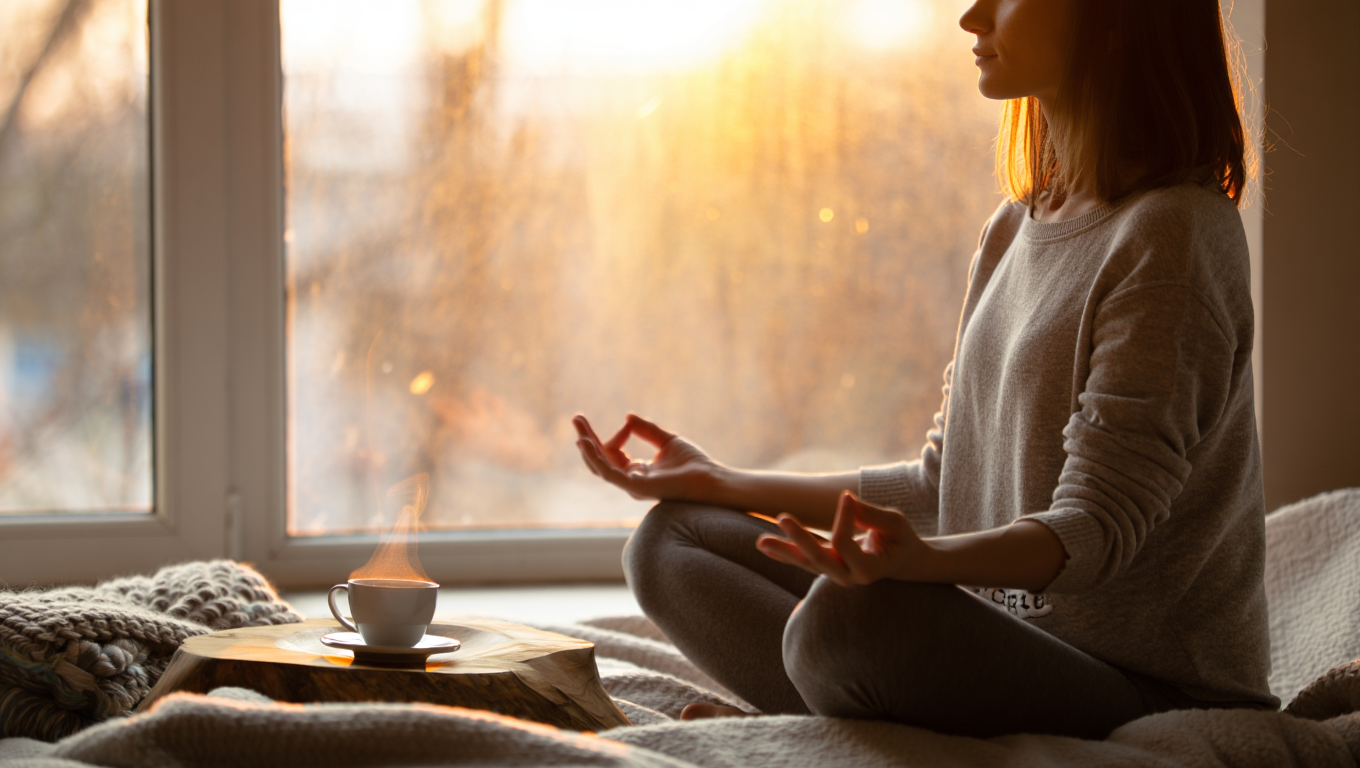
- Journaling: Use a journal to process feelings, track your mood, and reinforce positive thinking through a daily gratitude practice.
- Set Boundaries: Learn to say “no” to commitments that drain your energy to protect your mental and emotional space.
- Digital Detox: Implement “tech-free” zones or times (e.g., an hour before bed) to reduce stress and improve sleep quality.
💪 Caring for the Body (Physical Wellness)
- Prioritize Quality Sleep: Aim for 7-9 hours of restorative sleep. Establish a consistent bedtime routine and ensure your sleep environment is cool, dark, and quiet.
- Nourish with Whole Foods: Choose unprocessed, nutrient-dense foods (fruits, vegetables, whole grains, lean proteins) and limit refined sugars and processed fats.

- Embrace Mindful Movement: Engage in regular physical activity that you genuinely enjoy (e.g., dancing, hiking, yoga) for at least 30 minutes most days.
- Stay Hydrated: Drink plenty of water throughout the day to support all bodily functions.
✨ Elevating the Spirit (Spiritual Wellness)
- Find Your Purpose: Identify your core values and align your daily actions and goals with them to foster a deeper sense of meaning and fulfillment.
- Connect with Nature: Spend time outdoors—even a walk in a park—to reduce cortisol levels and gain perspective.

- Practice Gratitude: Regularly acknowledge the good things in your life. This can be done through journaling or simply reflecting on three things you are thankful for each day.
- Explore Mind-Body Practices: Engage in activities like Yoga or Tai Chi, which simultaneously connect physical posture, breath, and mental focus.
IV. Integrating for Lasting Change
Holistic wellness is an ongoing journey, not a destination. To ensure your efforts lead to lasting balance:
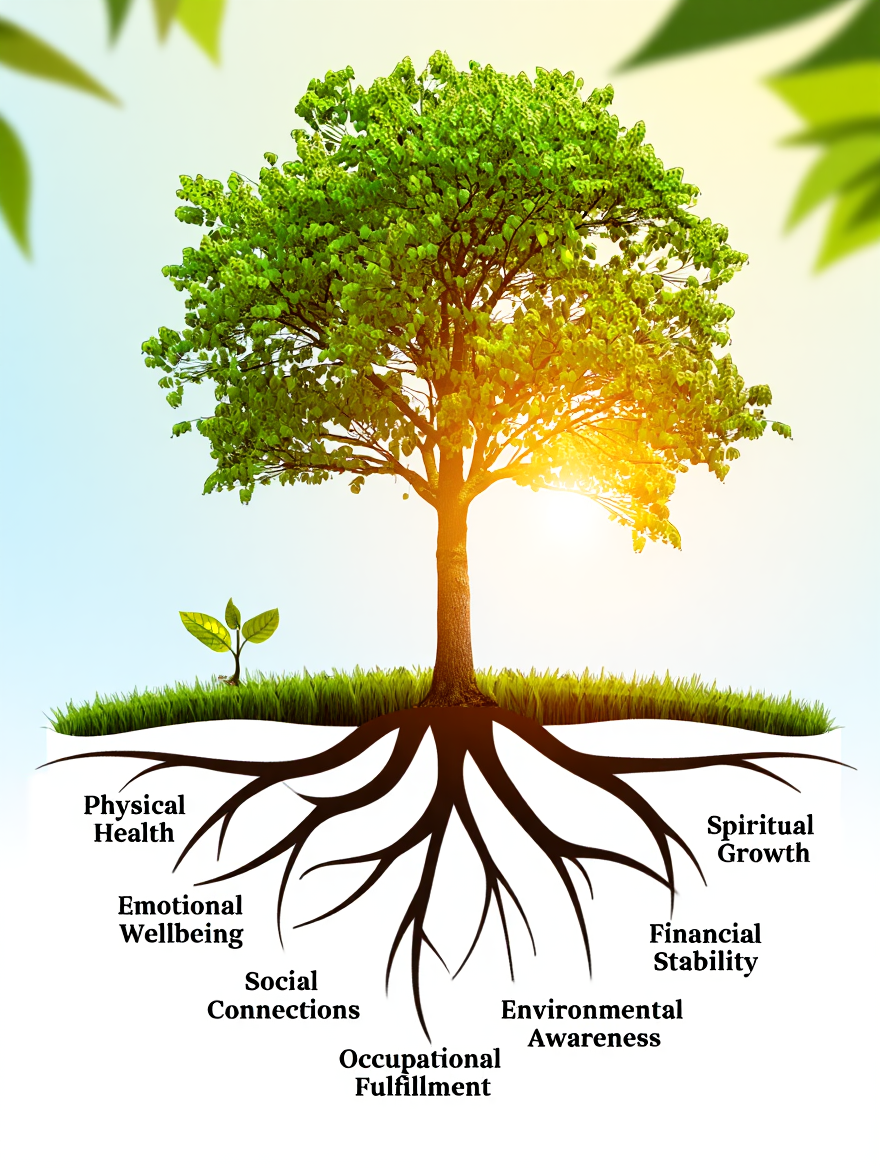
- Consistency is Key: Small, sustainable habits practiced daily are more effective than sporadic, extreme changes.
- Listen to Your Body: Your body often communicates its needs through signals like fatigue, stress, or cravings. Pay attention to these cues and respond with appropriate self-care.
- Seek Professional Guidance: Don’t hesitate to consult conventional medical practitioners alongside holistic wellness practitioners (like a nutritionist, therapist, or acupuncturist) for a well-rounded health strategy.
- Self-Care is Non-Negotiable: Routinely incorporate relaxation activities (e.g., deep breathing, listening to music, hobbies) that replenish your mental and emotional energy.
By consciously nurturing all facets of your being—physical, mental, emotional, and spiritual—you move closer to achieving a state of harmony and optimal well-being.






















